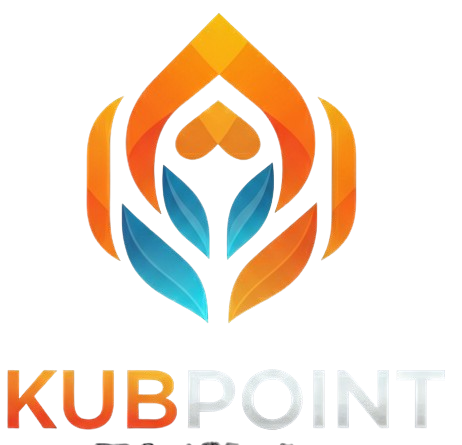System Initiative today announced it has added autonomous artificial intelligence (AI) agents to its infrastructure automation platform
Company CEO Adam Jacob said AI agents will now be able to interact with digital twins of IT infrastructure environments that System Initiative creates to enable DevOps teams to propose and safely execute changes to IT infrastructure.
DevOps engineers using natural language prompts can simply tell the System Initiative platform what outcome they want and the AI agent determines how best to accomplish that task. DevOps engineers then review that plan, which, if approved, will be executed by the AI agent, said Jacob.
AI agents will be able to complete tasks in a matter of minutes that previously would have required weeks for DevOps teams to manually perform, he added. AI agents will also be able to propose validated changes to IT infrastructure environments to optimize workflows and eliminate bottlenecks, said Jacob.
Additionally, DevOps teams can import existing infrastructure into the System Initiative platform to create a real‑time digital twin of every element of their IT environment that they can then use AI agents to help them explore and uncover hidden relationships between resources, noted Jacob. The digital twin platform created by System Initiative essentially functions as a knowledge graph that AI agents can use to understand the relationships between resources, he added.
DevOps teams will also be able to define custom guardrails and rules to limit the scope of the functions any AI agent is allowed to perform, noted Jacob. Built‑in policy checks and tests ensure every change adheres to compliance and operational requirements, he said.
In effect, AI agents will be integrated into existing DevOps teams without requiring any changes to existing workflows, added Jacob.
Ultimately, the goal is to make it much simpler for DevOps teams to employ AI agents to consistently employ best infrastructure management practices in a way that, for example, eliminates misconfigurations that might be exploited by cybercriminals, said Jacob.
As more menial infrastructure management tasks are automated, DevOps teams should also have more time to research how to optimize their environments for complex applications, he added.
It’s not clear to what degree DevOps teams are ready to rely on AI agents to manage IT infrastructure, but it’s apparent that, given the number of misconfigurations that exist, existing workflows are deeply flawed. It’s simply too easy for developers using tools such as Terraform to make a mistake. Of course, AI agents might also be prone to making mistakes, but hopefully, there will be fewer of them, especially as those AI agents become more familiar with the specific IT environment they have been tasked to automate.
No matter how IT infrastructure is provisioned, there will always be a requirement for it to be reviewed by a DevOps engineer. The challenge and the opportunity now is to automate the management of IT infrastructure at a level of scale that might not have not too long ago seem unimaginable.

